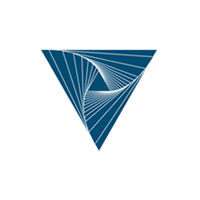Scientific Domain 5:
Digital Humanities
How can we best study complex human action and interaction in past built environments and cultural landscapes, extract meaningful information from large volumes of texts and images or analyze material culture artifacts? Data science and computer simulation have increasingly been used by several humanities disciplines with a focus on natural language or material culture, such as archaeology, art history, palaeography, and epigraphy, to answer such questions. The University of Cologne is one of the Digital Humanities hotspots and a major player in this field. The Institute for Digital Humanities (IDH) – formally established in 2017 – continues the activities of the previous institutions for Computer Science in the Humanities (Historisch-Kulturwissenschaftliche-Informatik) and for Natural Language Processing (Sprachliche Informationsverarbeitung) which were founded in the 1990s. In addition, the university hosts the Cologne Center for eHumanites (CCeH), the Data Center for the Humanities (DCH), and the Cologne Digital Archaeology Laboratory (CoDArchLab). Digital Humanities in Cologne focus both in fundamental and applied research in the field of digital cultural heritage as well as the development of infrastructure and software solutions.
By asking research questions about the specific character of humanities’ research data and about modeling as a process of (re)creating or simulating cognitive and virtual worlds, the IDH and the CoDArchLab aim at advancing computational tools and methods for the Humanities. The associated DCH ensures sustainability and long-term preservation of digital research assets and is responsible for research data management.
